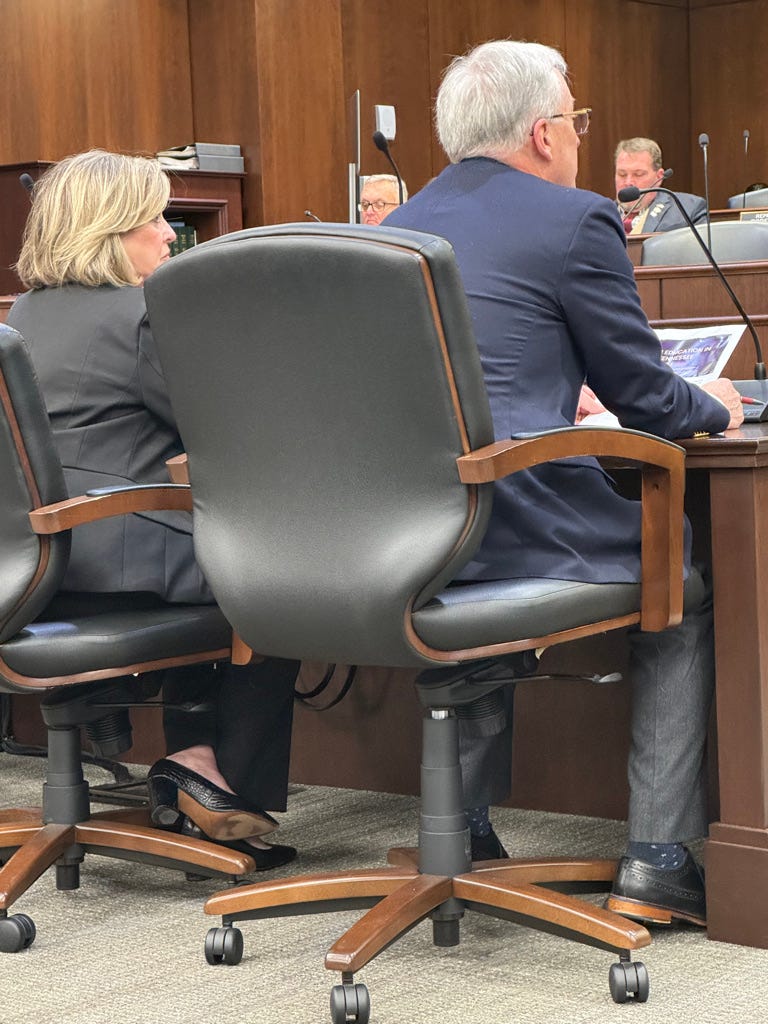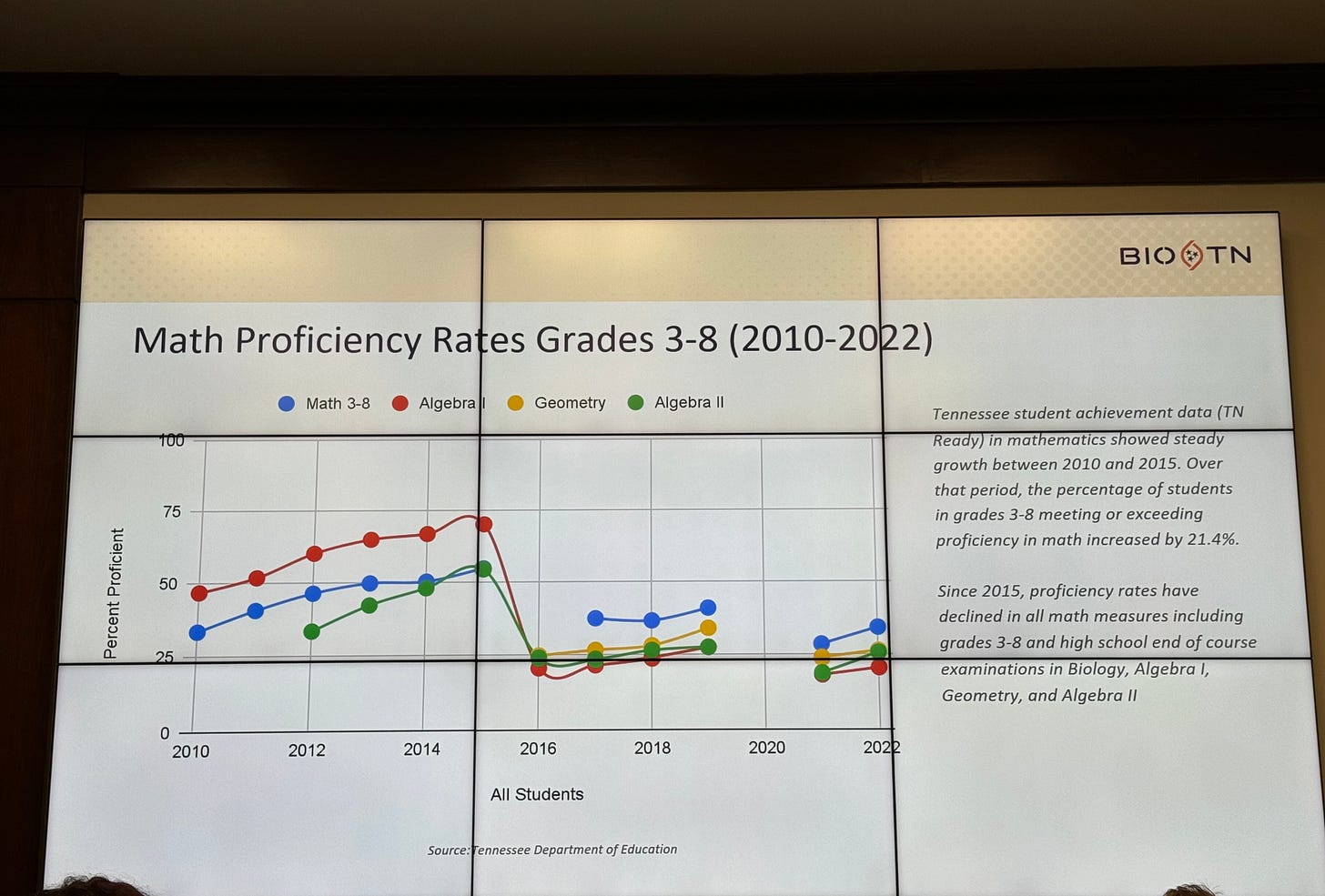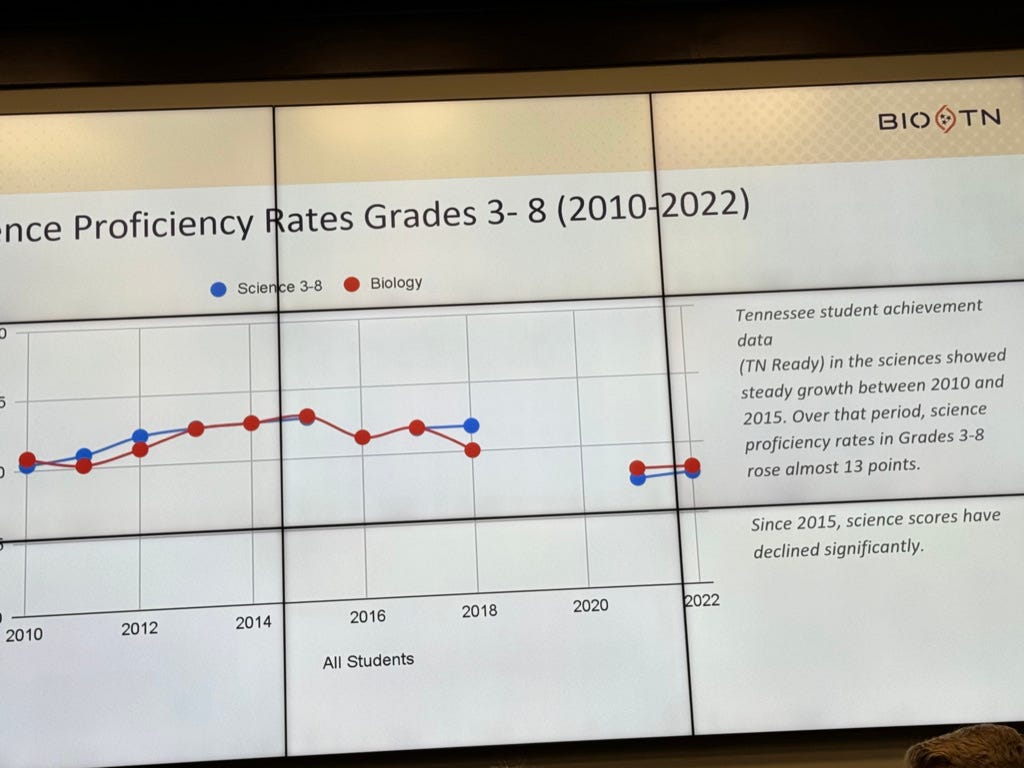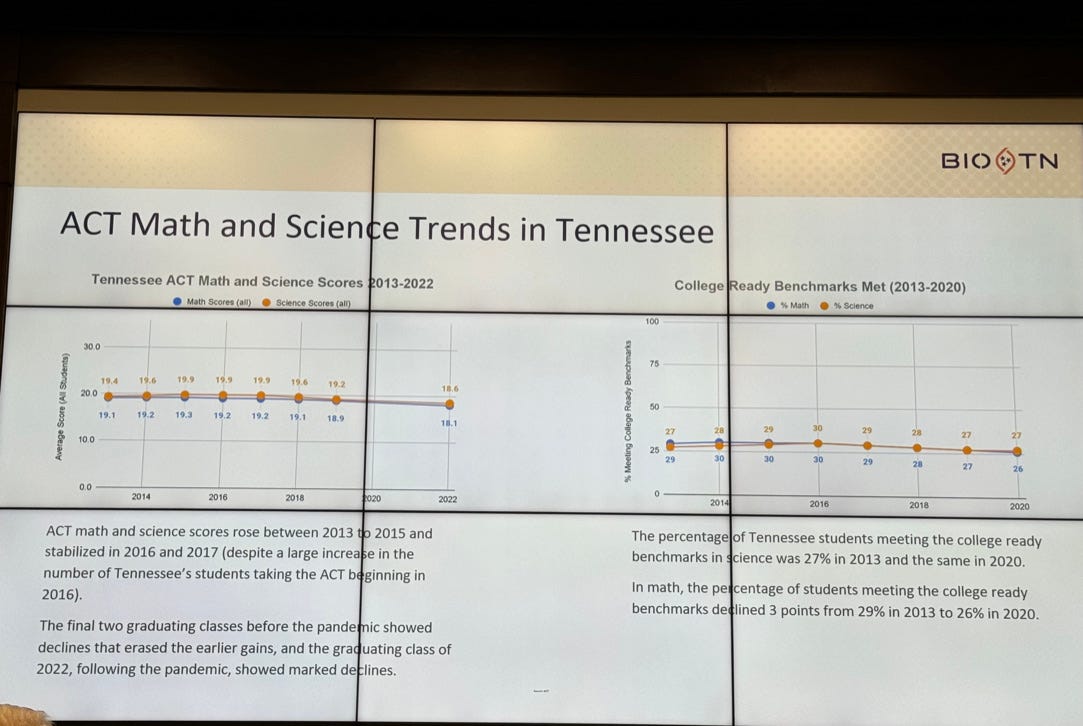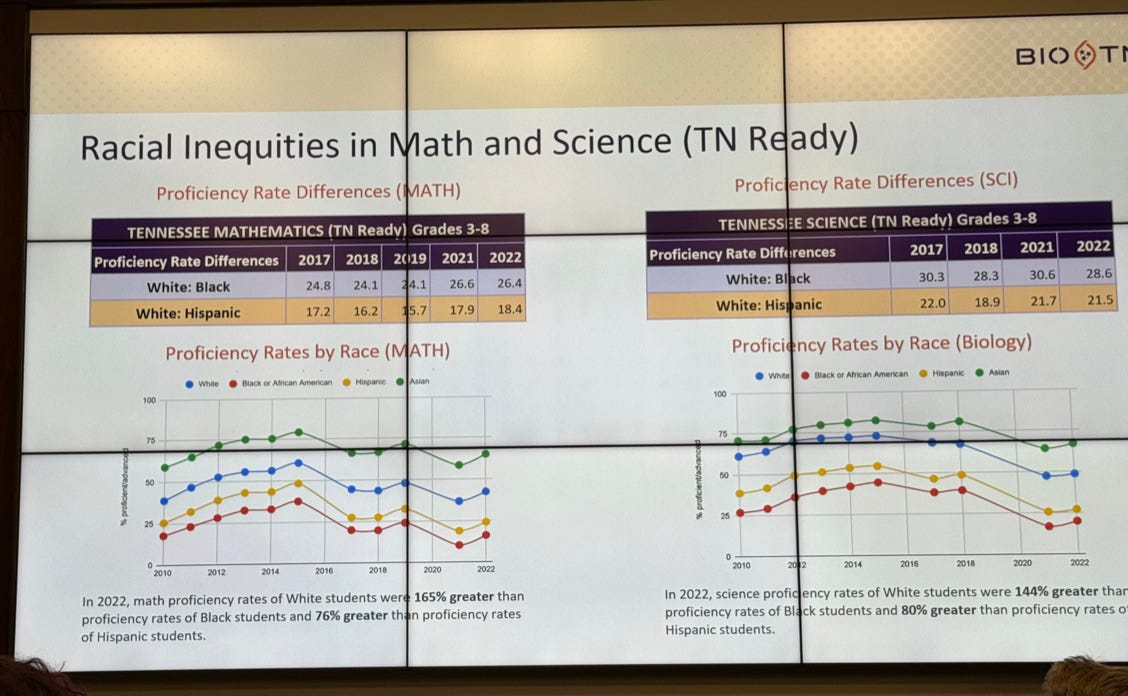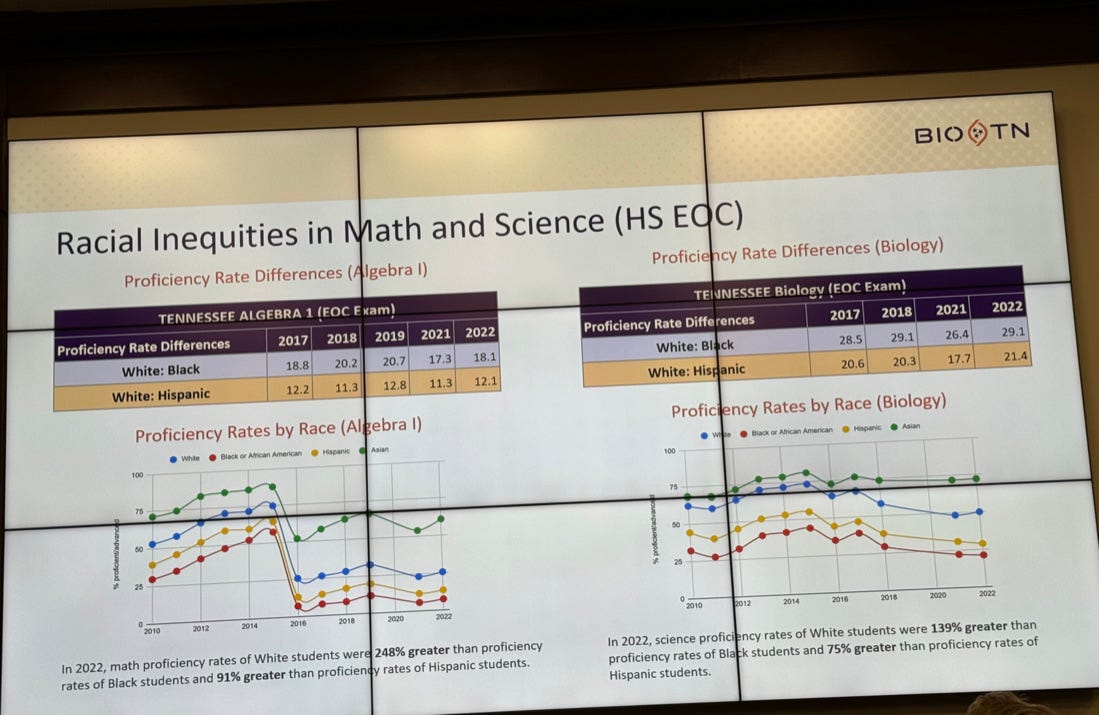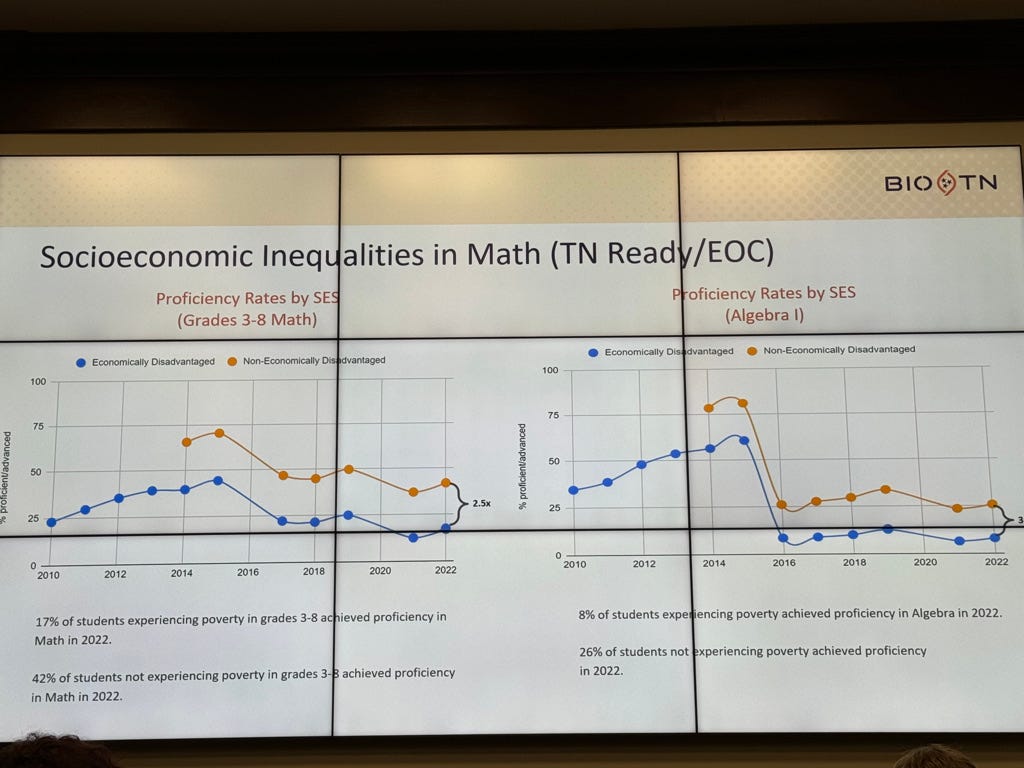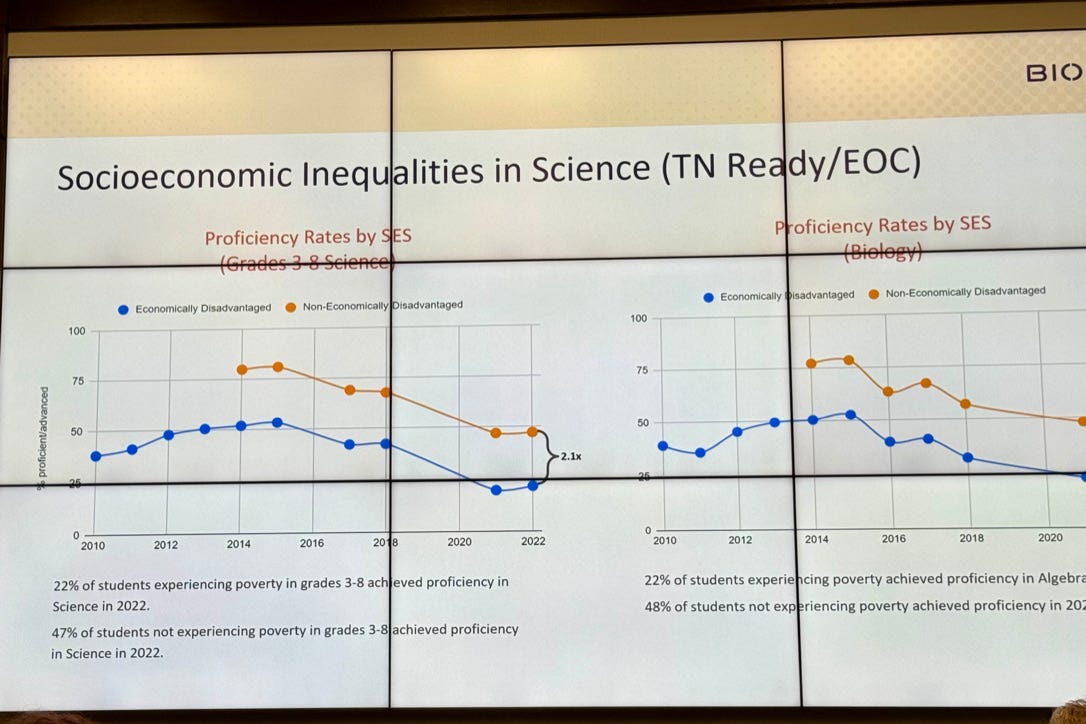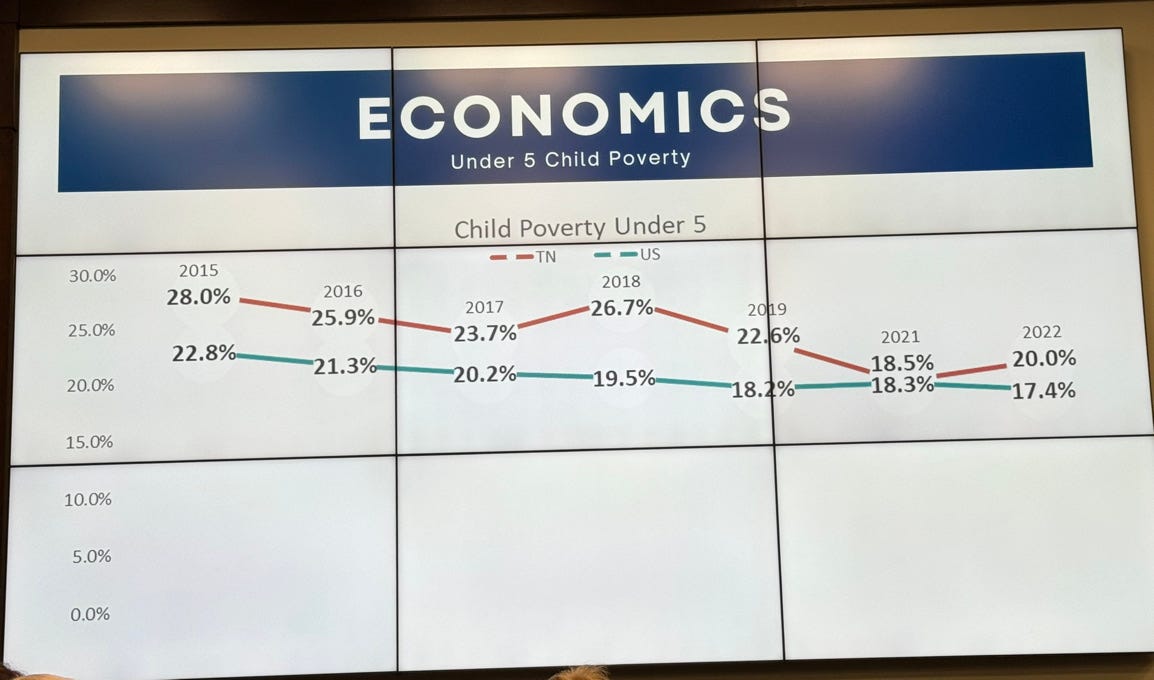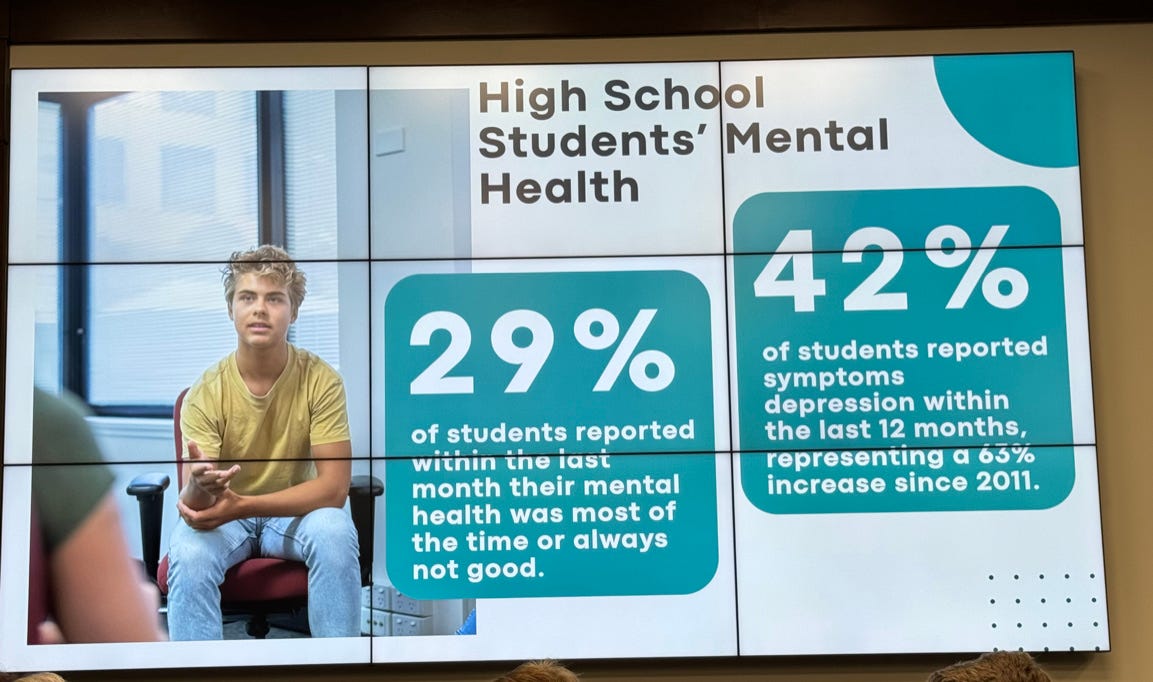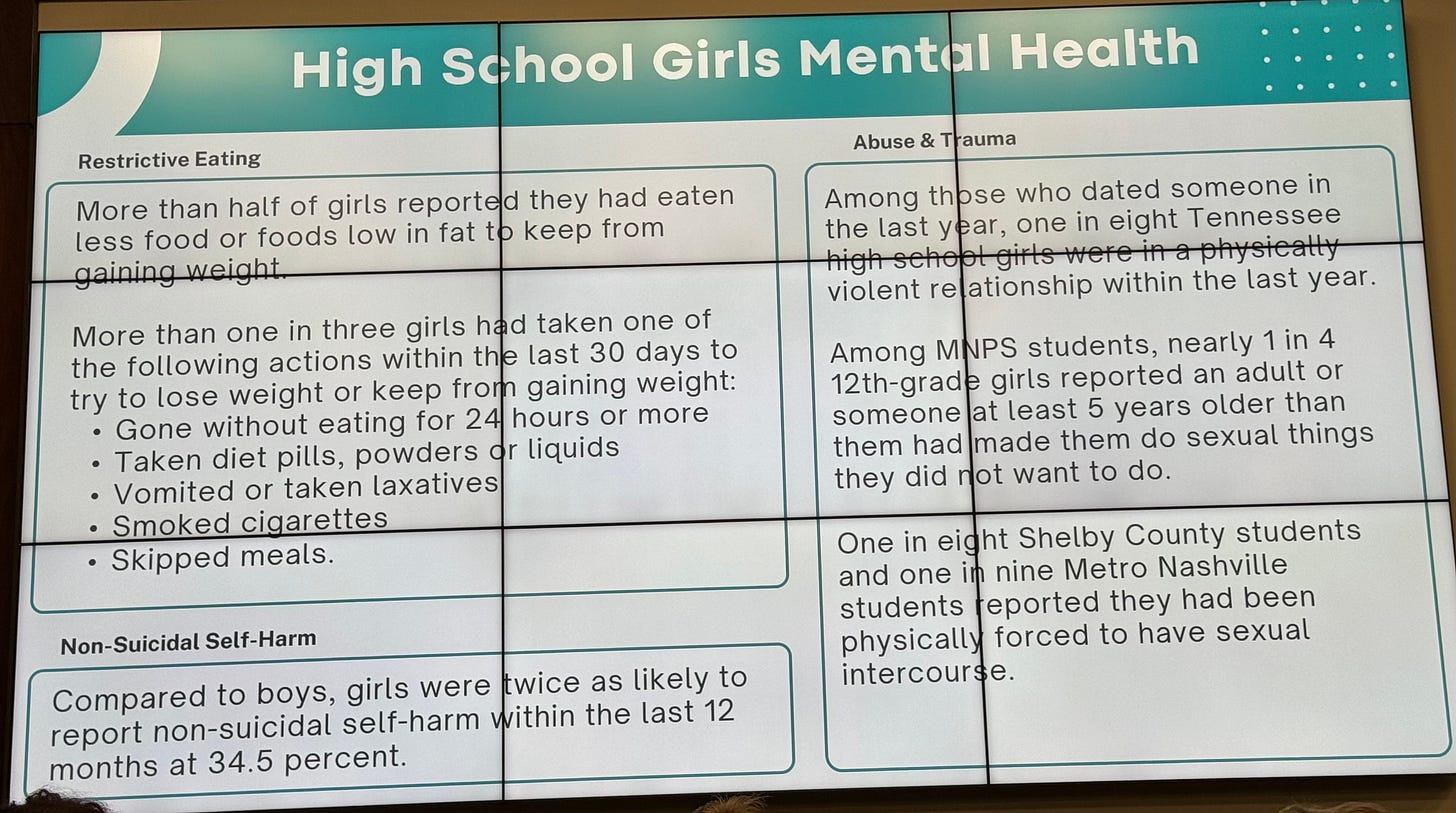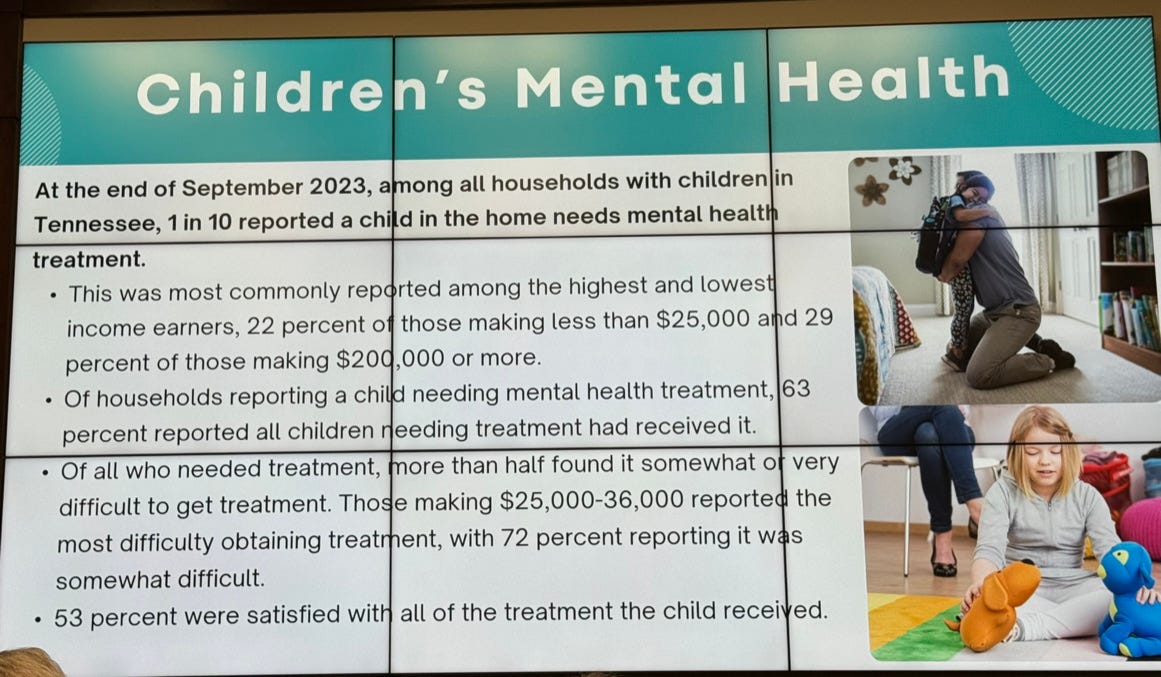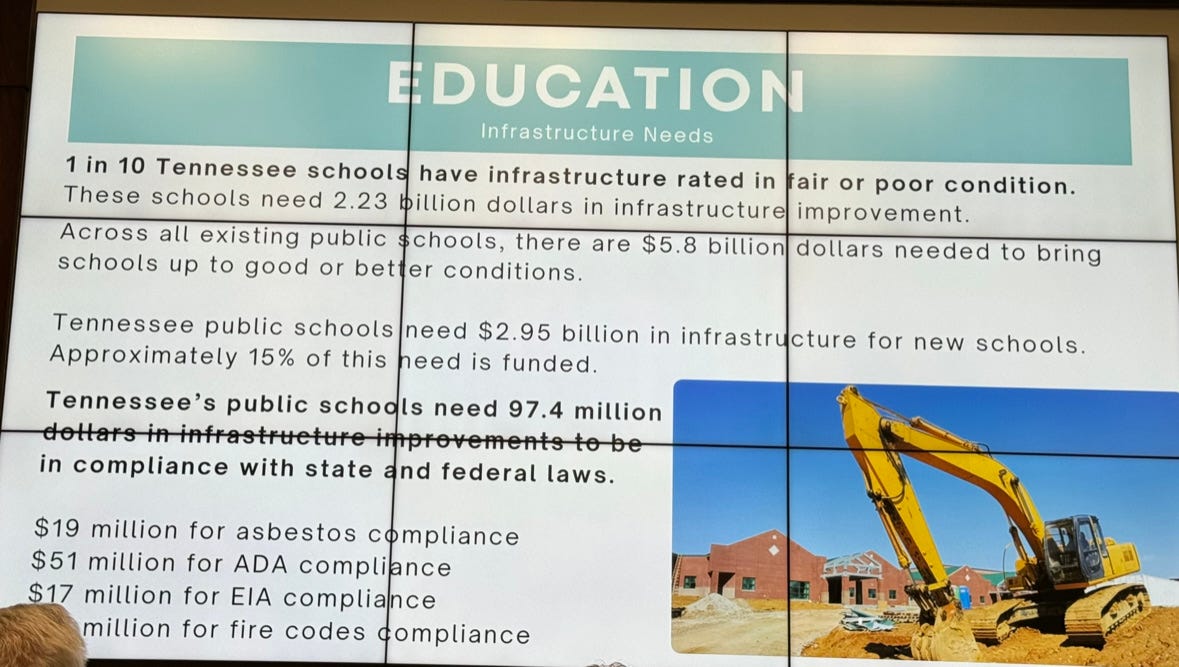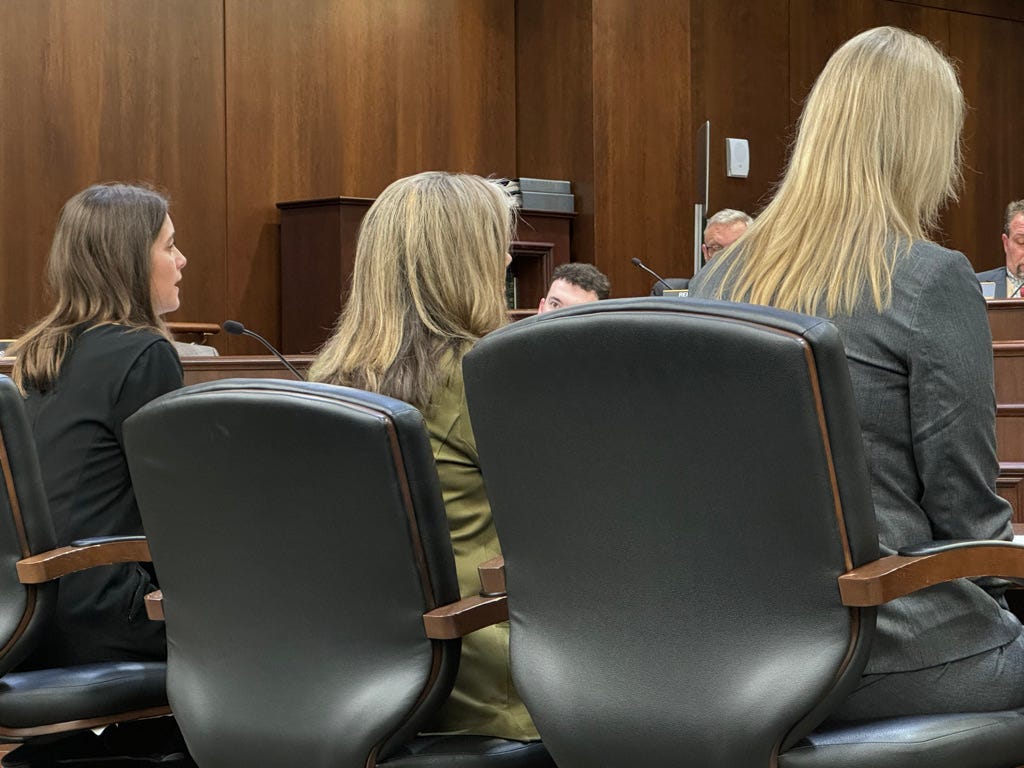The Legislature-A Walk in the Park???
January 29, 2024 (regarding Wednesday, 2/24 Legislative Session)
Questions/Comments? Contact flynnconsult@gmail.com
Friends, I am offering a disclaimer: no way can I keep up with every committee meeting and piece of legislation that will result in people in our state suffering, along with every effort being made to bring about positive change for our friends, neighbors and communities.
A fair expectation is that I offer a weekly peek into legislative ongoings during the 2024 session that hopefully will engage you enough to either attend a session or, if you don’t have the stomach to sit through such proceedings, to make a phone call to let Legislators know when you do and don’t agree with them. If you are curious and want to learn more about the making/breaking of legislation, several groups are planning “Days on the Hill” on multiple topics that you can join. I will keep informing you of these opportunities.
And any time I am down at the state Capitol you are welcome to join me, for an hour or the day. I can show you around, identify committee meetings that might be of interest, and link you to legislators. Just send an email so we can connect.
Finally, I left town Thursday to visit family in Atlanta so skipped the meetings that day. This installment of my Notes focuses on Wednesday, specifically the House Education Administration Committee, which directly impacts all children in the state.
Thanks for your interest. The more folks who pay attention to the goings-on at the Capitol the more difficult it will be to pile on suffering. May our eyes and hearts be one, Michele
Wednesday, January 24
I started the day by stopping by the Senate Chambers and there, just as last year, sat Senator Heidi Campbell all alone and working diligently before any of her colleagues entered the Chamber.
Later in the day, I overheard one lobbyist talking about how easy this first week back has been after the snow closing: a walk in the park? I mentioned this comment to a few Advocates who agreed with me, that keeping up with the slew of harmful bills under consideration in committees this week was quite stressful if your focus is on protecting the most marginalized individuals and communities in our state. I also heard from a few Democratic Legislators who said they’d been warned by Republicans not to expect any of their bills to be passed this year. Now that’s a hard one to accept, especially if you were hoping for more than just keeping your finger in the (damn) dam.
Senate Education Administration Committee
As Chair and Representative Mark White opened the House Education Administration Committee, he looked around and welcomed everyone to “the old boys club.” There was not a single female legislator on the very committee that makes education policy recommendations for a sector primarily comprised of female teachers (the woman to the left in the front row and the woman in the middle back row are Committee staffers). What is wrong with this picture???
Chairperson White then asked for testimony from the following groups, all of whom were focused on youth in our state:
•BioTN Foundation- STEM Research;
• Tennessee Commission on Children and Youth- State of the Child in Tennessee;
• Council on Developmental Disabilities
BioTN Foundation lists itself as a partner of STEM Preparatory Academy, a public charter school in South Nashville established in 2015. According to available on-line data about STEM Prep, 65% of its students are Hispanic/Latino, 17% are white and 16% are African American. Testing results showed:
12% of students scored at or above the proficient level for math;
14% scored at or above that level for reading; and
The student-teacher ratio is 20:1, which is worse than that of Metro schools.
This is not meant as a critique of BioTN or STEM Prep per se, but rather a suggestion that we pause for a moment to:
reexamine the link between for-profit companies and charter school initiatives, especially as BioTN was hired by the state to research, evaluate and make recommendations about STEM programs in Tennessee, AND
reconsider the Governor’s proposed voucher program because it will redirect MORE funding away from standard public schools and into private, unregulated mostly religiously-based schools, the students of which have generally opted out of public education up to this point.
A 2022 article in Forbes Magazine titled “Four Ways Charter Schools Undermine Good Public Policy,” determined that “Charter schools are privately owned and operated schools funded with public tax dollars” (just like the Governor’s proposed voucher program!!). Regarding charter school research cited in the Forbes article:
Local districts must not only guess how many students will opt for charters, they must also provide space for those students should they return to public school - with fewer financial resources available to public schools because tax dollars follow the students while costs may not.
Running multiple school systems with money originally set aside to run just one is bound to be inefficient.
Attempts to create “compacts” that help charters cooperate along with public systems so they can share resources, reduce waste and avoid duplication are rare, and rarely successful.
Although sold as a way for poor and disadvantaged children to “escape failing public schools,” fixing poverty requires far more than getting children to earn higher scores on standardized tests AND these very students may be excluded from charter schools.
The record on charter schools raising test scores is mixed- many charter schools do worse than public schools.
Focus on high behavioral expectations, extensive tutoring, and strict disciplinary codes of conduct have led to high rates of suspension and expulsion.
Focus on charter schools can distract policymakers from efforts to address the challenge of educating poor and disadvantaged children in meaningful ways.
Charter schools contribute to the racial segregation and racial isolation of U.S. schools.
Transparency has been an issue with charter schools, which drop the “public” and start presenting themselves as private businesses when states ask to see the books.
The “nonprofit” status of charters does not guarantee that they are not instruments of profit for someone.
In the absence of meaningful oversight, it is impossible to determine whether or not charters are accomplishing the mission of providing education to all children.
The record shows that huge amounts of tax dollars have been lost to waste and fraud in the charter sector.
Dr. Samuel Lynch, founder of BioTN Foundation, began his remarks by stating that STEM teaching will lead to student’s financial security in the future and that Tennessee needs STEM graduates to be competent to address upcoming challenges facing the state. He noted that currently there are 138,000 STEM employees in the state but by 2026 it is projected that this field will add 30,000 more STEM jobs in Tennessee, thereby comprising 8.5% of the workforce. Lynch noted that STEM workers tend to earn 2 times that of other employment and 98% of employers currently looking for STEM employees have openings right now.
As I followed along with Dr. Lynch’s testimony I couldn’t help but wonder when did the State begin to really chip away at public education funding? 2015 seems to be a significant benchmark for educational declines overall, as you will note in the following slides. Is there a correlation between who was Governor at that time and the decline in achievement with STEM? (It would be wonderful if a researcher/journalist would look at when Tennessee began to hold back funding from public schools leading to a public perspective and self-fulfilling prophesy that public education is crumbling.)
Under Republican Governor Don Sundquist (1995-2002), the first Charter School was opened in Tennessee in 2002, and in Nashville to be precise.
Dr. Lynch stated that since 2015, 3rd- to 8th-grade STEM proficiency scores for Math have declined after a slight increase in 2011. Republican Governor Bill Haslem (2011–2018) was in office during this time.
Since 2015, Science proficiency scores have also “declined significantly.”
Tennessee is lagging behind the national averages in STEM achievement on the ACT. In both 2013 (during Governor Haslem’s term) and again in 2020 (during Governor Lee’s term), only 27% of students met college-ready benchmarks in Science and also declined in Math- from 29% in 2013 to 26% in 2020.
What is clear from the following information is that racial inequities in Math and Science have changed little from 2017 to 2022 in grades 3-8 (below) AND…
…scores for Math and Science show similar inequities for high school students in these same years.
Additionally, children from limited-resourced families have fared worse in Math and Science compared to students from higher-resourced families (the following two charts) and again we see a comparable drop beginning in 2015 and then bottoming out at percentages below those achieved in 2010.
In summary, the key takeaway is that the short and long-term impact of not creating the appropriate and targeted educational interventions needed to ensure that brown- and black-bodied children, particularly those living with limited-resourced families, are offered first and foremost the real kinds of interventions that will positively impact their educational outcomes. We OWE this to these children and their families before one more state dollar is spent on the education of higher-resourced families and communities, and particularly before there is another charter school authorized or voucher program expanded in the state, whether in STEM-focused or traditional schools.
During the question/answer period following Dr. Lynch’s testimony, Representative Richey asked him about the impact of parental involvement on student achievement and suggested that this was a “root issue” as far as student achievement is concerned.
Dr. Lynch responded that while it is important to look at the question of parental involvement, it is not sensible to blame parents for their children’s underachievement, especially in economically challenged family settings. The challenges these parents face are significant, including often needing to work multiple jobs to make ends meet, having to be gone from home for long hours and having limited access to childcare so they may not be able to be as involved in their child’s schooling as more well-resourced families. He suggested that teachers need to assume the role of mentor when parents cannot otherwise be there. He concluded that to increase STEM-related scores what is needed is “good quality teachers with subject matter expertise.”
Representative Love asked Dr. Lynch what impact he thought ACES may have on these numbers. Dr. Lynch answered that he didn’t know what the term ACES (Adverse Childhood Experiences) referred to. Parents in the room were a bit appalled that a researcher making recommendations about school achievement and advancement would not know what an ACES score meant. Even Love had a hard time keeping a straight face when Dr. Lynch offered this response. Love graciously defined ACES for Dr. Lynch, who then agreed that childhood stressors and trauma, such as poverty, racism, and proximity to gun-related shootings, have a major impact on the school testing scores of children, and that there is a correlation between a higher poverty rate indicated by the ACES score and a lower ACT score.
Love went on to note that Black and Latino students in urban and rural schools lack access to certified teachers because, after a few years, teachers who became skilled by teaching in these communities left after a few years to teach in better-paying suburban schools.
Next, Representative Ragan asked if there was a correlation between a child raised in a family with one parent and the likelihood that they will engage in criminal activity and become pregnant at an early age AND decreasing test scores. Dr. Lynch responded that his second report, which will evaluate the findings from the first report, will examine the question of causation.
Another Representative asked whether teachers should take the ACT test themselves to see how high they might score on it.
Representative Parkinson asked Dr. Lynch to define what he meant by the difference in challenges facing rural, urban and suburban areas. Dr. Lynch commented that it is hard for rural and urban communities to compete with suburban areas which can draw more competent teachers by paying a higher salary, and these trained teachers will consequently draw more higher-resourced families who can afford to live there, leaving rural and urban schools more desperate for every kind of resource.
I suggest what was not brought up: equalizing education funding statewide, not relying on property taxes to pay for schools and passing a state income tax rather than relying on a regressive sales tax system would be progressive steps toward better education outcomes for all children in the State.
Tennessee Commission on Children and Youth
Director Richard Kennedy and Policy Analyst Kylie Graves from the Tennessee Commission on Children and Youth provided testimony to the Committee regarding their 2023 report, The State of the Child in Tennessee.
Each year, this report is submitted to the Governor and every Legislator along with being distributed to libraries across the state. The Commission does not conduct research but rather compiles and synthesizes relevant, available data.
Referring to the following graph, Graves pointed out that there has been a decrease in the overall number of children living below the poverty level between 2012 and 2022, although the poverty rate in Tennessee is still higher than the national average.
There was a slight increase in children under the age of 5 living in poverty in Tennessee in 2022 as compared to the US average. During 2021, these two indices were almost equal but the decision to discontinue the earned income tax credit bonus in Tennessee negatively impacted more lower-resourced families in the state as compared to states that chose to extend the credit. Research has shown that this one program moved many children out of poverty during the COVID years.
While 29% of youth reported in the last month that their mental health is not good, even more alarming is the research showing that there has been a 63% increase in students reporting challenges with depression since 2011.
What should be equally, if not more, worrisome is the rate at which suicidal ideation has increased among 13-18-year-olds in Tennessee since 2017. While the rate is similar to that of teenagers across the US as a whole, children in Tennessee are more likely to actually attempt suicide as compared to other states. My summation is that there is a definite correlation between the number of children attempting suicide in Tennessee, the proliferation of guns in the state and easy access to these firearms.
In fact, 1 in 7 high school students in Tennessee reported they had attempted suicide in the previous year, while 1 in 6 had made a plan and 1 in 5 had thought about committing suicide. We should be very worried about these numbers!!
Compared to boys, girls were 34.5% more likely to suffer from non-suicidal self-harming actions, 1 in 8 were in a physically violent relationship in the last year and 1 in 4 of 12th graders were forced to engage in unwanted sexual activity, among other highly disturbing trauma.
One in ten families in the state reported that a child in the home needed mental health care but half had difficulty securing this assistance.
The kinds of mental health challenges identified by these families is shown in the following chart, the majority (almost 60%) of whom related that their child was “very sad or depressed.”
Of profound concern, 56% of schools in Tennessee had zero to one psychological professional on staff. Also, the ratio of social workers to students was 1:1,999, a rate significantly higher than the recommended rate of 1 to 250 students by the National Association of Social Work standards.
One in ten Tennessee schools have fair to poor infrastructure.
Additionally, between 2010-2022, the average childcare center ratio was 9 workers to every 1,000 children.
Eighteen percent of non-working adults cited lack of access to childcare as the reason they are not in the workforce. And infant care is so expensive that it rivals the cost of in-state college tuition in Tennessee.
When Graves was asked what caused the mental health challenges of today as compared to times in the past she suggested it was parental financial stress. Not that there was not financial stress in the past but today people are willing to talk about it.
When asked if there was a connection between childhood mental health challenges and social media Graves indicated that while there are pros and cons regarding the amount of time spent on computers and phones by young people, the biggest issue is not the medium itself but the proliferation of online bullying, which needs to be addressed.
TN Council on Developmental Disabilities
Several individuals spoke about the issues facing children with developmental disabilities in Tennessee. Those testifying were:
Lauren Pearcy, Executive Director, Council on Developmental Disabilities
Dr. Robbie Faulkner, Executive Director ARC of Tennessee
April Ebbinger, Psychologist, TN Department of Education
Pablo Juarez, Kennedy Center-Vanderbilt
Dr. Bruce Davis, TN Department of Intellectual and Developmental Disabilities
A number of these speakers referenced to their affiliation with TRIAD: Treatment and Research Institute for Autism Spectrum Disorders at Vanderbilt University Medical Center.
There was very little time left for their presentation after the previous two speakers. A few takeaways were:
Everyone is struggling with mental health issues.
1 in 3 children with developmental disabilities has a co-occurring mental health disorder.
There is a need to identify how to best help these children.
Respite Resource Centers are needed for family caregivers of children with developmental disabilities.
The National Center for START Services (Institute at the University of New Hampshire) has an excellent and well-tested program that has been replicated in 5 communities across the state of Tennessee. On their national website, START, which stands for Systemic, Therapeutic, Assessment, Resources, and Treatment, is defined as:
“…an evidence-based, community crisis prevention and intervention service model for individuals aged 6 and older with intellectual and developmental disabilities (IDD) and mental health needs (IDD-MH). The START model is person-centered and solutions- focused, employing positive psychology approaches and other evidence-based practices.”
OTHER
Three bills on the Agenda were quickly dispensed with:
HB1377 was put off-notice
HB 1783 was put off notice
HB 1785 was rolled for 2 weeks.
More about these bills and others as the session progresses. January 31st is the deadline for bill filing so watch for much more information about good and bad bills coming soon.
UPCOMING ADVOCACY OPPORTUNITIES
Tuesday, February 13 Pride Day on the Hill
Tuesday, February 27 Tennesseans United for Gun Safety:
Coalition Advocacy Day on Hill
Saturday, March 2 to 4 Reverend Barber, Poor People’s Campaign
Tuesday, March 12 Planned Parenthood Day on the Hill
Wednesday, March 20 Healthy and Free TN Day on the Hill
Friday, April 12 Black Maternal Health Event
BONUS PICTURE- Not a walk in the park, they say…






